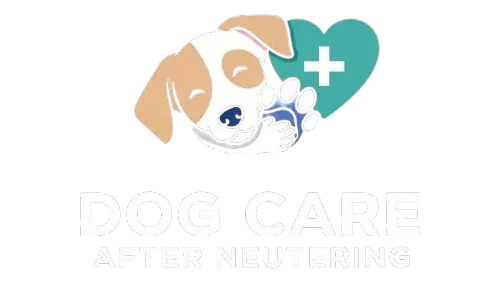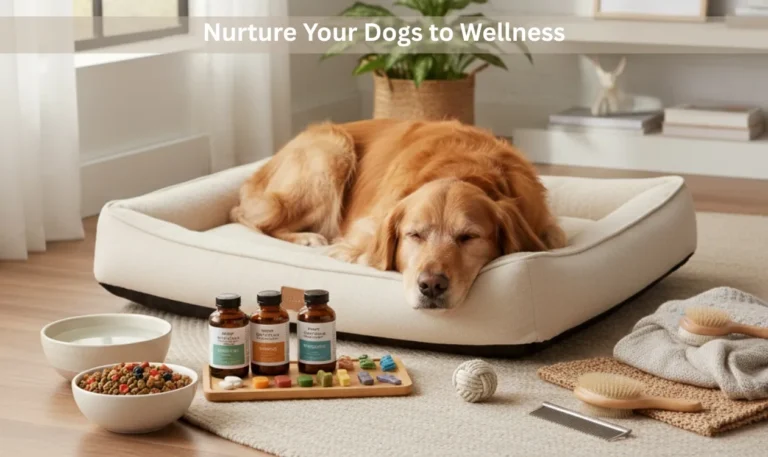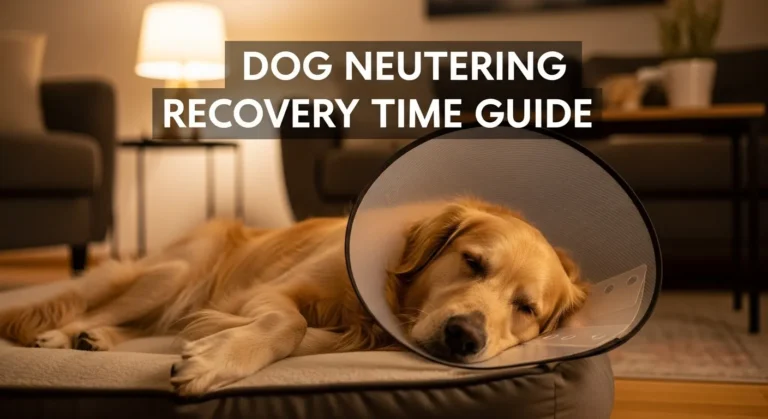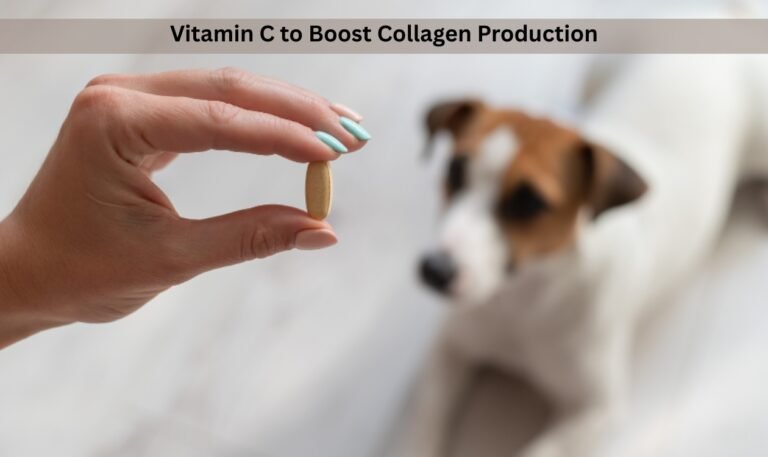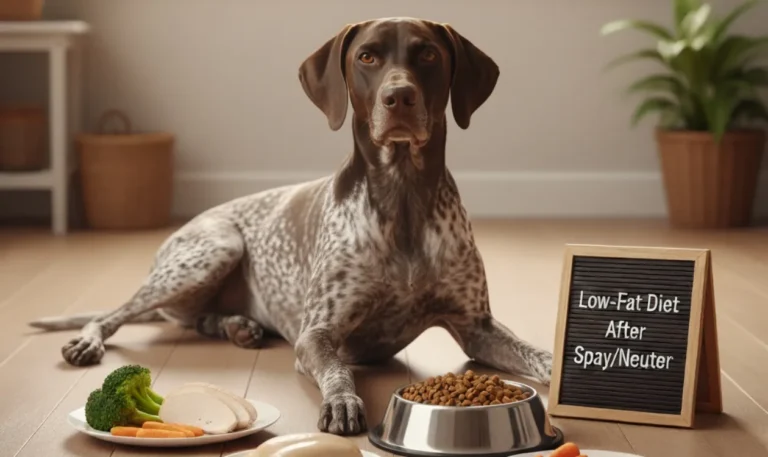What to Feed Dog After Neutering: The Ultimate Guide to Dog Nutrition
Discover what to feed dog after neutering to aid recovery, control weight, and keep them healthy with balanced, low-fat, and protein-rich meals.
Having undergone neutering, the metabolism of your dog slows down, whereas its appetite is likely to grow. This transformation has the potential to put on the undesirable weight quickly unless their dieting is modified appropriately. The key to designing a balanced meal plan that will help one recover and stay healthy in the long run is to first understand these changes for dog care.
To remain active and lean, neutered dogs require fewer calories but more nutrients that are of good quality. Giving them the same amounts they used before surgery can lead to accumulation of fats and wasting of energy. Replacing a high-energy diet with a low-fat high-protein one will preserve the muscle mass and supply them with the necessary energy without excess calories.
Importance of Proper Nutrition Post-Neutering
It is not only about nutrition that prevents weight gain in post-neuter animals but also about supporting recovery. Your dog’s body is healing after surgery and requires more protein, vitamins, and minerals to repair tissues and strengthen the immune system. A proper diet accelerates recovery and keeps them comfortable as they heal. Good nutrition also supports metabolism the body’s process of converting food into energy for healing.
An appropriate diet consisting of lean meat, vegetables, and quality dog food will help maintain the strength of the joints, the tone of the muscle, and the state of the coat. Eating will prevent problems with digestion as well as keep the weight in check by avoiding fat snacks and unhealthy leftovers. A well-balanced nutrition will make your dog happy, healthy and full of life even after surgery.
Best Food Options for Dogs After Neutering
When deciding on what to give your dog after neutering, consider the high-quality dog food that is made to be given to sterilized dogs or dogs that have less activity. These recipes tend to be lower in calories and high in the necessary nutrients. Find alternatives in which the first ingredient is real meat and does not have any fillers such as corn or soy. In this blog you understand what to Feed Dog After Neutering.

Home cooked meals are also good provided that they are well balanced. Add lean chicken, turkey or fish as a protein source, as well as boiled carrots, pumpkin and peas as sources of fiber and vitamins. It is always advisable to check with your vet to make sure that your recipes that you made are in line with what your dog needs in relation to nutritional needs after surgery.
Portion Control and Feeding Schedule
Portion control is of importance once they are neutered. A high amount of food fed today will lead to slow weight gain that may be difficult to correct in the future. Precisely measure dog meals and adhere to feeding instructions depending on the new level of activity and their age.
Rather than giving one big meal, divide the food into two or three small meals throughout the day. This helps maintain steady energy levels and prevents overeating. Frequent feeding also improves digestion and keeps your dog feeling full for longer. Smaller, regular meals support healthy peristalsis the natural wave-like movement of the digestive tract that helps food move smoothly.
Foods to Avoid After Neutering
There are foods that will have a negative effect on the recovery and overall health of your dog after it has been neutered. Avoid snacks and processed sweets with high fat content, any food that has artificial flavors and preservatives. These are able to decelerate metabolism and may lead to weight gain that is not necessary.
Avoid human foodstuff like chocolate, grapes, onions and salty snacks. They are detrimental even in minute amounts. Rather, provide good dog food such as apple slices or simple boiled chicken in limited amounts to give praise upon good behavior controlled calorie.
Incorporating Protein-Rich Foods
Protein is also significant in ensuring that your dog maintains muscle mass and energy following neutering. Provide high-protein foods such as chicken, salmon, turkey, or lamb that are easy to digest and rich in essential amino acids. These nutrients help repair tissues and keep your pet strong and active. Proper protein intake also supports protein synthesis the biological process through which the body builds and repairs muscles.
However, moderation is key. Consumption of protein-only meals without the balance of fiber and healthy carbs is to be avoided. Proteins should be mixed with vegetables such as green beans, spinach, or sweet potatoes in order to make a full package of nutritional value and ensure the digestive system of your dog remains healthy.
The Role of Fiber and Hydration
Fiber aids in digestion and helps regulate the hunger of neutered dogs. Using carrots, pumpkin or oats, which contain a lot of fiber, will make sure your pet does not overeat. It also helps in easy bowel movement which is significant in the healing process.
Hydration is equally vital. Always keep the fresh and clean water at hand. Hydration is necessary to remove toxins, enhance metabolism, and maintain the health of joints and kidneys in particular while giving dry kibble or feeding a higher-protein diet.
Supplements to Support Recovery
Certain dogs can be helped with supplements following the neutering procedure, especially when their diets lack essential nutrients. Omega-3 fatty acids help keep the coat shiny and reduce inflammation. Probiotics improve digestion and strengthen the immune system, while multivitamins fill nutritional gaps in the body. These supplements play an important role in overall dog recovery after surgery.
It is recommended that you should never administer supplements without consulting your vet so that they are safe and of the correct dose. It is also possible to have a balanced diet and use the right supplements to accelerate healing and ensure that your dog is in good shape after surgery.
Monitoring Weight and Activity Levels
It is important to monitor the weight of your dog after it has gone to the vet to get its neck cut. They are prone to obesity because of reduced levels of activity and change in hormones. Have your dog weighed on a regular basis and increase or decrease the food amounts to ensure a good body condition score.
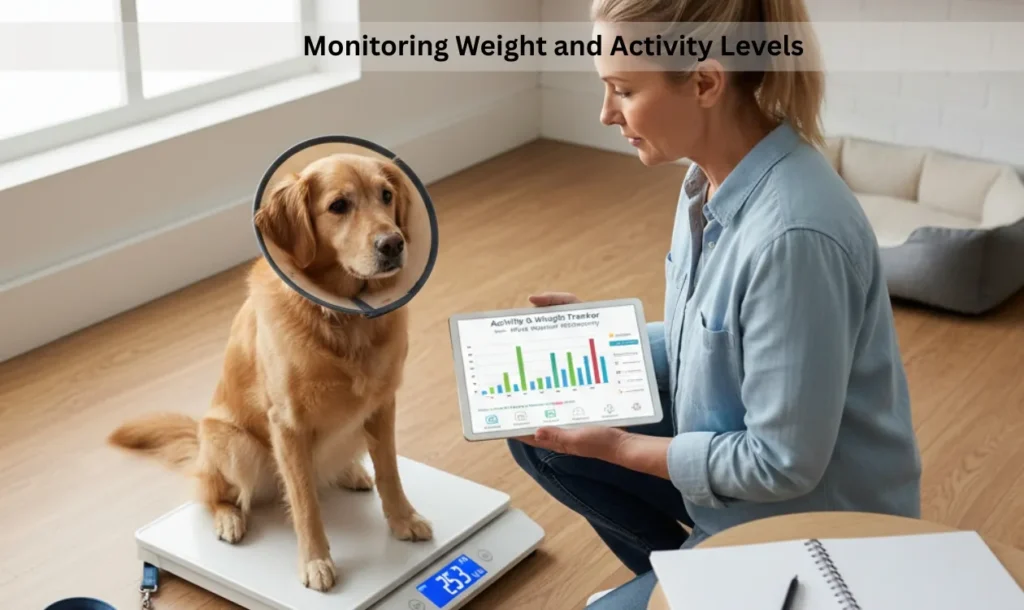
Light activities to be encouraged after the recovery period include taking short walks or engaging in mild forms of play. Frequent exercise burns additional energy, builds muscles and aids the brain in being active, which is vital with regard to post-neutering health.
Transitioning to a Long-Term Diet Plan
After you are sure your dog is completely healed, now it is time to switch to a long-term feeding program that fits neutered pets. Progressively introduce weight-control or sterilized-dog formulas throughout the week to prevent digestive upsets. One of the main aspects of health maintenance is consistency. A steady diet also helps support nutritional homeostasis the body’s ability to maintain stable internal nutrient levels
To tell whether the new diet is good, keep an eye on the quality of your dog’s coat, their energy and appetite. Change ingredients or portions when necessary with the approval of your vet. A long-term feeding strategy will ensure that your cut up dog is healthy and well into its old age.
FAQ : What to Feed Dog After Neutering
Final Thoughts
The information about feeding the dog after neutering can significantly influence their restoration and health in the future. The combination of protein, fiber, and hydration in a balanced diet helps to heal, keep weight at an ideal level and increase visibility.
It should always be about good ingredients and moderated serving. Maintaining a healthy diet and taking regular exercise, in addition to regular checkups at the vet will give them a full post-neuter care strategy. Your dog is the best animal in the world and everything begins with the appropriate food.
